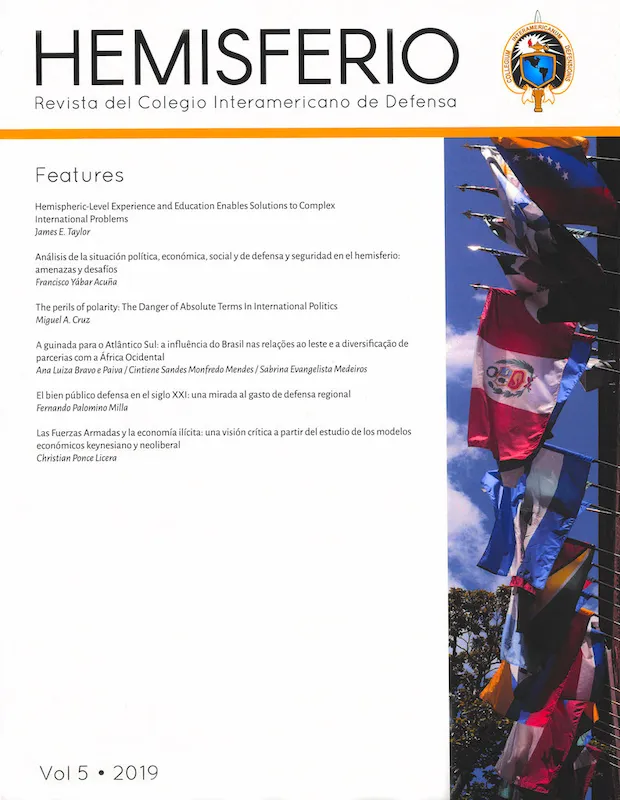The Perils of Polarity: The Danger of Absolute Terms in International Politics
DOI:
https://doi.org/10.59848/19.1207.HV5n3Keywords:
International Relations, Realism, Polarity, Non-polarityAbstract
Within the field of international relations, and in particular political realism, the term polarity is used to describe power distribution amongst international actors. In 2008, Richard H. Haass coined the term nonpolarity to describe the current state of international affairs. Haass argued that power is now diffused amongst a plethora of actors – state and non-state alike – in such way, that a distinct pole (unipolarity) or group of poles (multipolarity) exist exerting significant influence on others. The author challenges Haass’ assertion by arguing evidence exists to suggest polarity can manifest itself in various ways depending on context and that as such, absolute terms are almost always wrong in international politics. Because international relations theory is often used to describe state behavior and actions, the author warns overreliance on one particular term can lead to ineffective state policies.
Downloads
Published
Issue
Section
License
Copyright (c) 2019 Hemisferio Revista del Colegio Interamericano de Defensa

This work is licensed under a Creative Commons Attribution-NonCommercial 4.0 International License.


